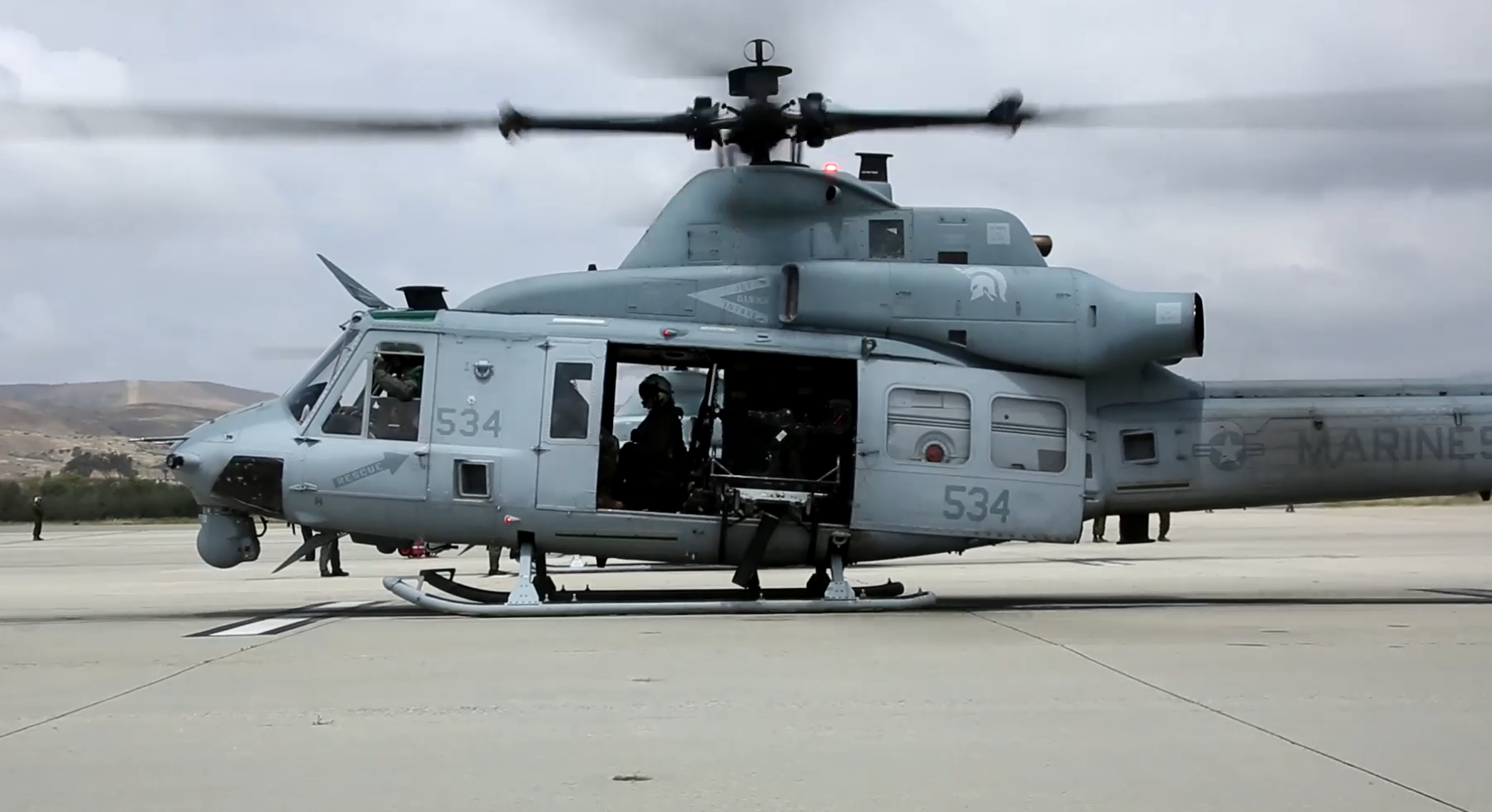A new program will pair drone operators with rescue boats trying to save entangled whales.
The National Oceanic and Atmospheric Administration (NOAA) is teaming up this fall with a non-profit to start a new initiative, known as the freeFLY Drone Program.
“With the drones, once we get a report, we can put the drone up over the whale and get some really good assessment of what’s going on with the whale and the whale has no idea,” said Justin Viezbicke, NOAA, California Stranding Network Coordinator based in San Diego.
With the help of remote-control drones, rescuers will get a good look at a whale’s situation without disturbing or getting close to the entangled creature. Rescuers will be able to view the video and make a game plan from the safety of nearby boats.
Using the information, the crews should be able to plan exactly how and where to make the necessary cuts to netting or other entangled debris before they move alongside the whales.
In the past, crews would have to ride up to whales tangled up in nets in a small boat with cameras on poles, trying to assess the situation, irritating the whale and posing a risk for crews as well.
NOAA temporarily suspended rescue efforts in 2017 when a crew member was killed in a rescue attempt with a right whale.
Local
Now that doesn’t have to be the case.
“It provides us a safety net and gives us a better opportunity to really figure out what’s going on with these entanglements,” Viezbicke said.
Each year, an estimated 300,000 marine mammals become entangled in fishing nets or gear.
The pilot program coincides during the time humpbacks begin their annual migration to Hawaii from Alaskan waters. If successful, the program will expand to Alaska and the West Coast by 2019.
While this is an important step forward in saving entangled whales, Viezbicke says there will still be many whales they can’t save.
“Those animals we aren’t able to get which can oftentimes be a majority of those animals. The belief is that they’re most likely not going to make it. Their survival is going to be very challenged.”
NOAA, and other whale advocacy groups, say until the fishing industry makes necessary changes, this will continue to happen.
NOAA continues to do outreach, especially on the West Coast, to the fishing industry, state and federal fishery managers and the public to make them aware of the issue, and to promote ideas to reduce entanglement in the first place.



